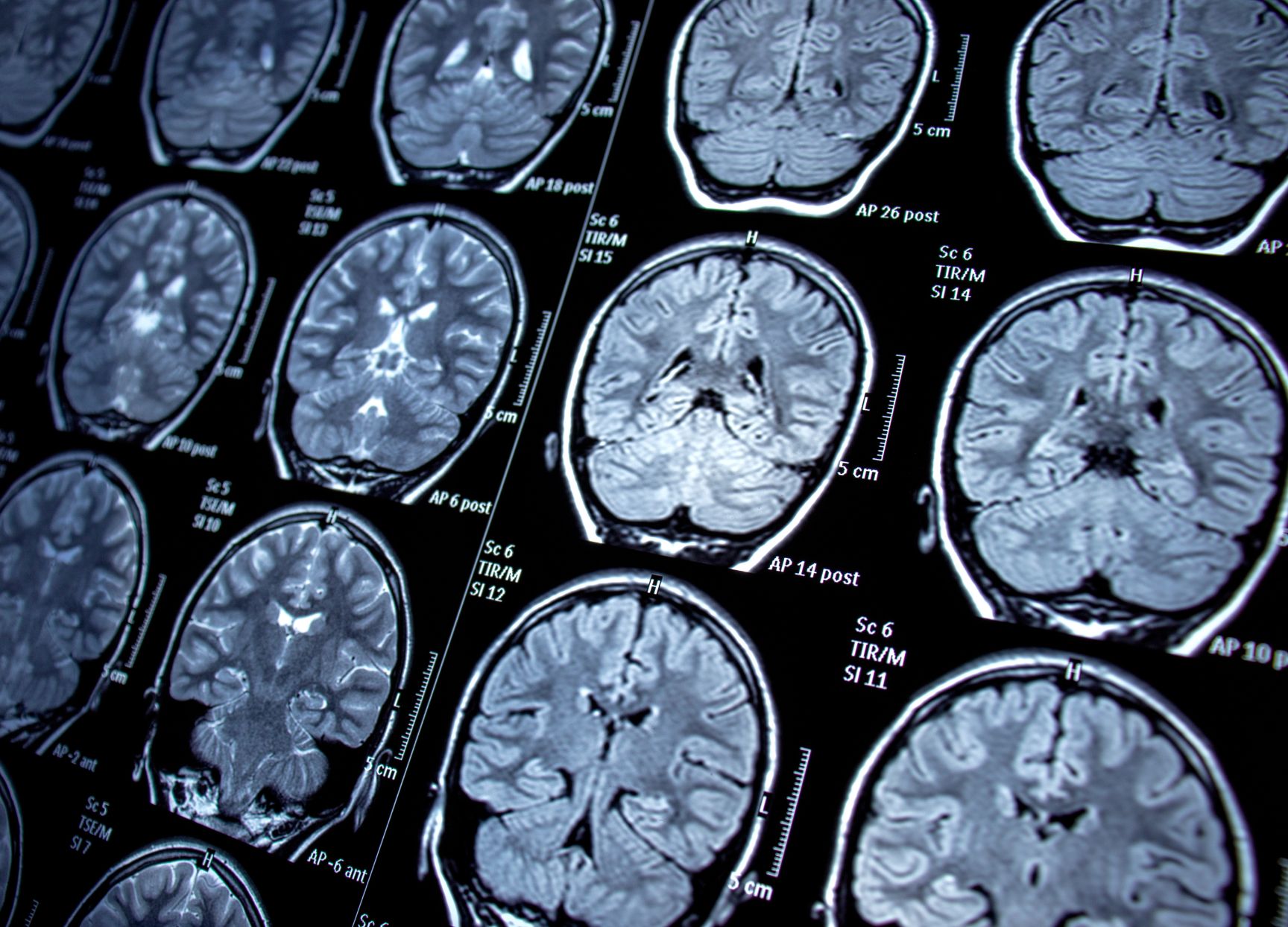Dr Nikhil Sharma
Consultant Neurologist
Specialist expertise: Headache, Migraine, Stroke, Epilepsy, Movement Disorders, Neurology.
Sensory abnormalities can arise from anywhere – from the cortex of the brain to the fine nerve endings in the tip of the toes.

The sensory system is one of the most complex functions of the human body, and the ability to sense is a core part of consciousness and being alive. We normally take it for granted, so any malfunction can be particularly disturbing. Sensory disturbance can result in a wide range of abnormal experiences, for example pins and needles and numbness at the same time, and yet whilst disturbing, may be part of the normal physiology of the human condition.
Sensory abnormalities can arise from anywhere – from the cortex of the brain to the fine nerve endings in the tip of the toes. They may be caused by the entrapment of a nerve due to prolonged postures or tissue thickening, such as carpal tunnel, or by a medical condition such as diabetes which damages the nerve fibres, giving rise to a diminished or unpleasant sensation. Temporary sensory changes can also occur during migraine or hyperventilation.
Treatments will very much be based on the underlying cause of the sensory disturbance, the first step is to make a diagnosis of the sensory disturbance.
Investigation of sensory nerve abnormalities may involve neurophysiological tests, such as nerve conduction studies (NCS) where electrical stimuli are applied to individual nerves and the amplitude and speed of conduction is then measured.
Electromyography (EMG) is another technique, where small needles are inserted into particular muscles to detect alterations in electrical activity. Whilst these tests may sound unpleasant, in the correct hands they merely feel a little uncomfortable or simply strange. Other investigations are imaging of the brain and spinal cord and blood tests for common causes such as diabetes, thyroid and vitamin deficiencies.
Conditions such as trapped nerves, e.g. carpal tunnel syndrome, may respond to physiotherapy but sometimes need surgery, whilst neuropathy will need treatment of the underlying cause such as vitamin deficiencies.
Ultimately, sensation is part of normal human experience and for many people, unusual sensations arise not from any physical abnormality but rather from a psychological shift in perception.
We are able to offer appointments to referred paediatric patients aged 12-18. For full information on our paediatrics service, please visit our main Paediatrics page.
Currently selected day
Available consultations
Causes
Entrapment of a nerve, prolonged postures, tissu...
Treatments
Physiotherapy, nutrition therapy, surgery
Paediatrics
We have brought together a group of leading neurologists, neuroradiologists, and neurophysiologists to create our Neurology team. With over 300 years of combined experience, these expert clinicians are the best in their field providing services that integrate across multiple specialties.